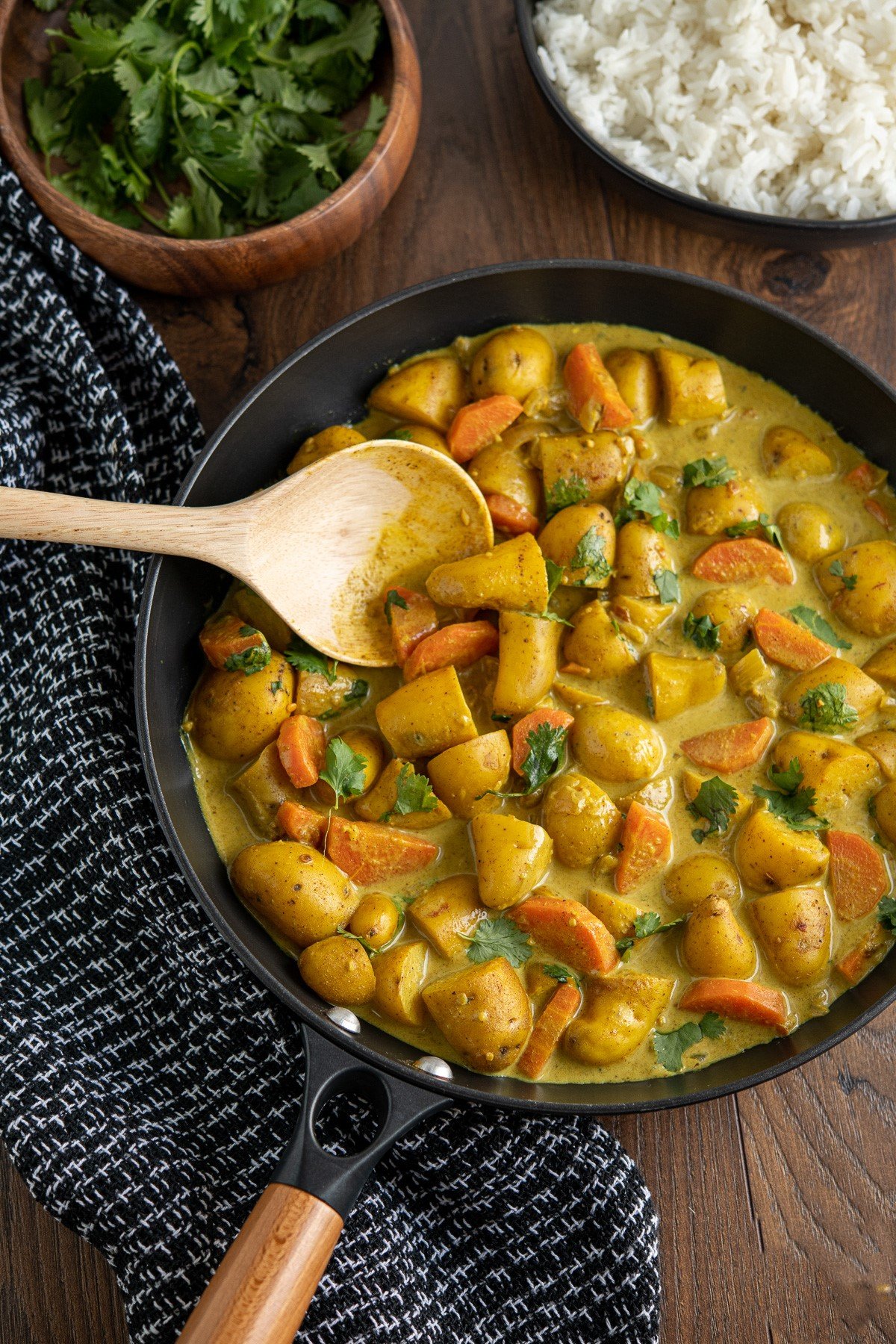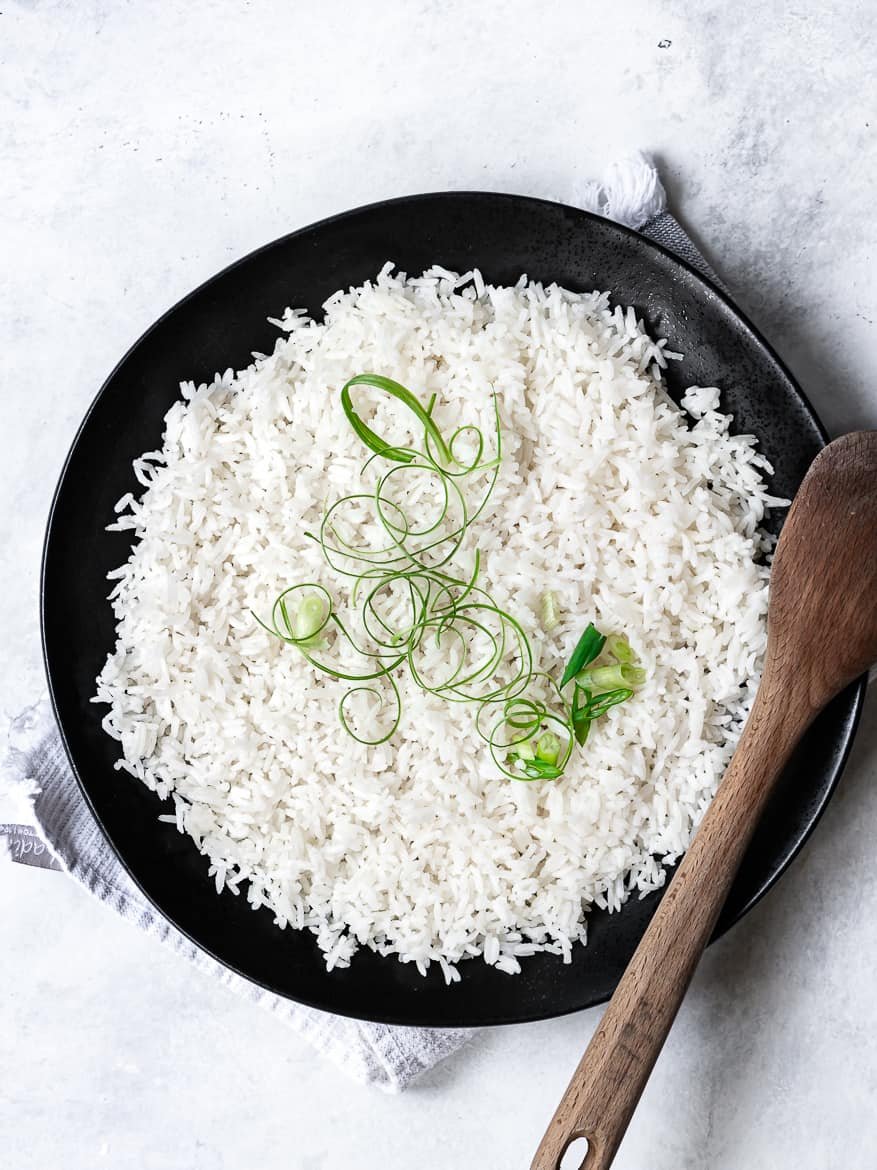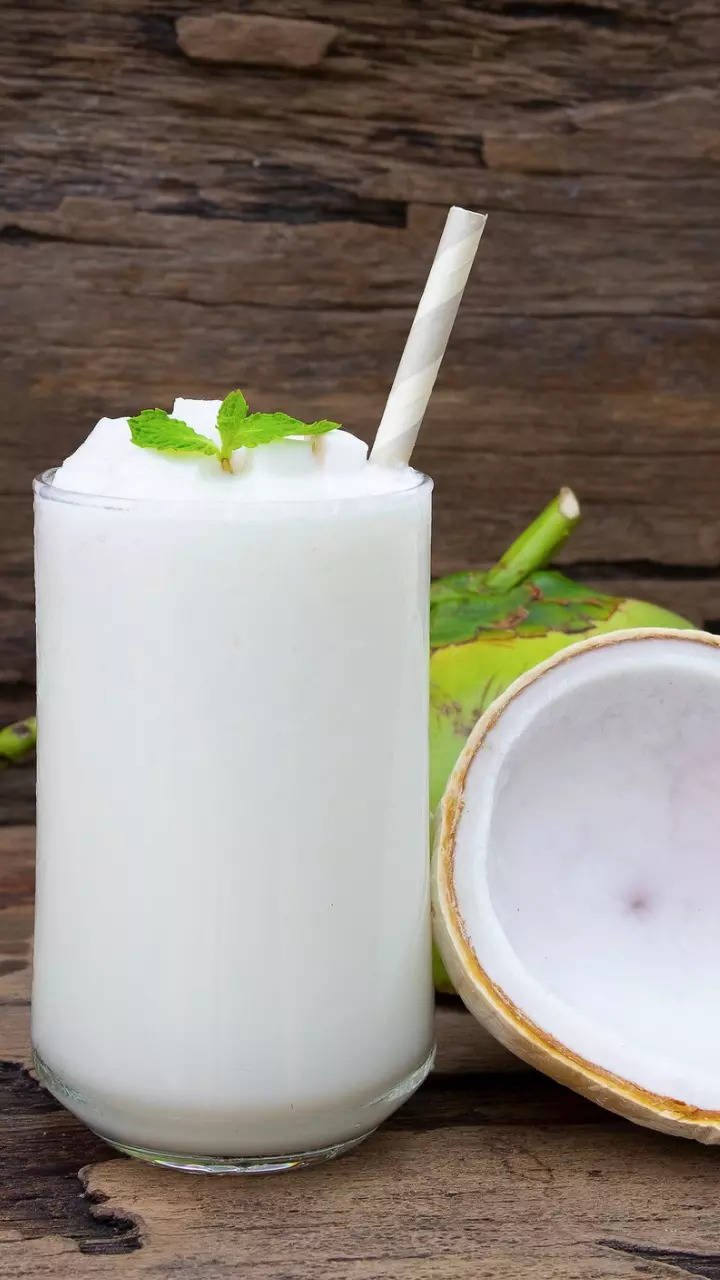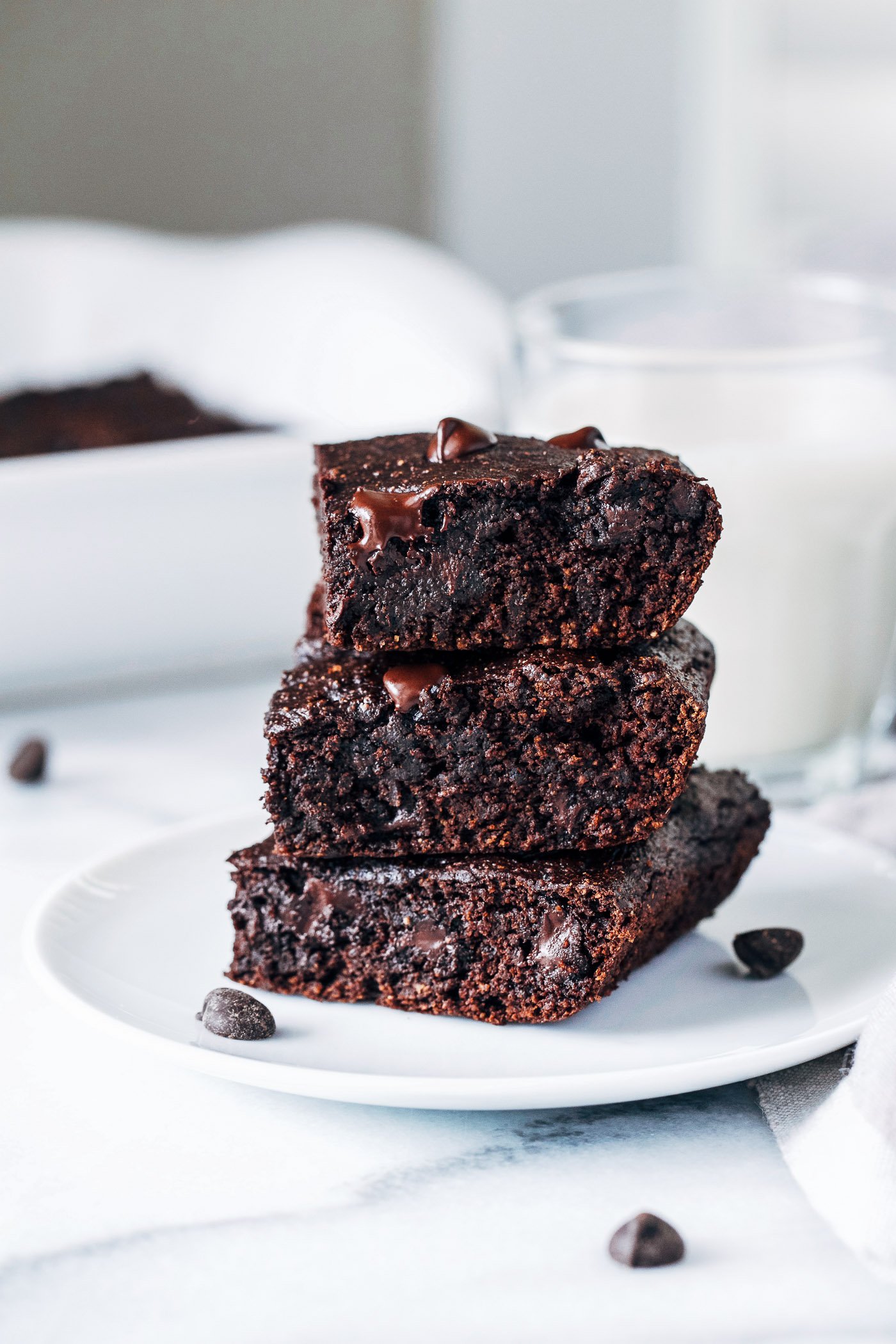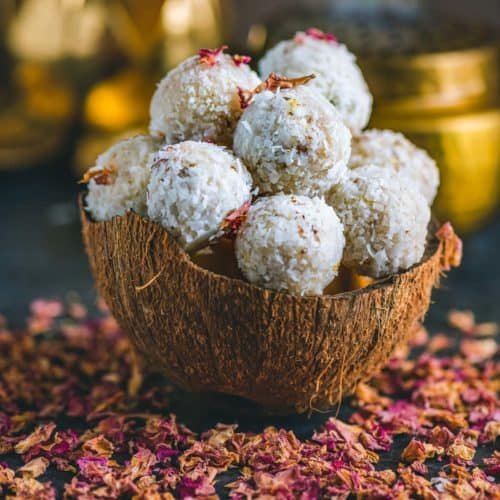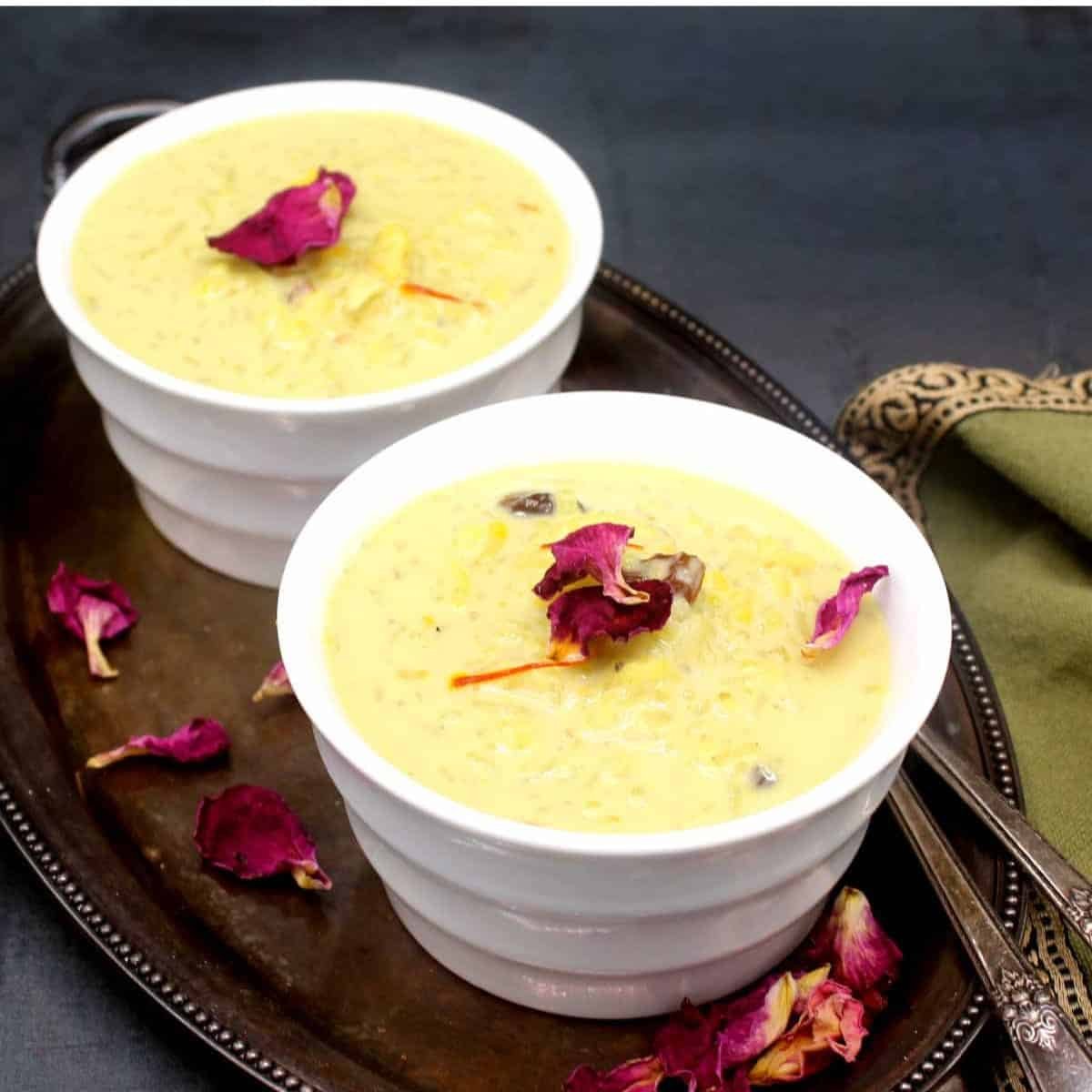INTRODUCTION
Vegan sweets and desserts have emerged as a delectable and compassionate alternative to traditional treats, capturing the hearts and taste buds of both vegans and non-vegans alike. In a culinary landscape that celebrates plant-based living, these desserts showcase the artistry of crafting indulgent delights without the use of animal products.
Drawing inspiration from a diverse array of plant-based ingredients, vegan sweets have redefined the boundaries of dessert-making, proving that one can enjoy decadence without compromising ethical and environmental values. From creamy and luscious to crunchy and sweet, the world of vegan desserts is a playground of creativity and innovation.
With ingredients like coconut milk, almond flour, dates, aquafaba, and a variety of plant-based sweeteners, vegan desserts not only cater to those with dietary restrictions but also cater to the growing demand for sustainable and cruelty-free options. The ethos behind vegan sweets goes beyond taste, encompassing a commitment to environmental sustainability, animal welfare, and personal well-being.
ORIGIN
The origin of vegan sweets and desserts can be traced to the growing awareness and adoption of veganism as a lifestyle choice. Veganism, as a dietary philosophy, advocates for the exclusion of all animal products, including meat, dairy, eggs, and honey. The concept of vegan sweets emerged as a natural extension of this lifestyle, driven by ethical, environmental, and health considerations.
The roots of veganism as a lifestyle and dietary choice can be found in the early-to-mid 20th century.
The term "vegan" was coined in 1944 by Donald Watson, the founder of the Vegan Society in the United Kingdom. He and a group of like-minded individuals sought to establish a way of living that abstained from the use of animal products and cruelty to animals.
Today, vegan sweets and desserts are enjoyed by a broad audience, reflecting a shift towards plant-based eating for ethical, environmental, and health reasons. From vegan ice creams and cakes to innovative raw desserts, the origin and evolution of vegan sweets underscore a dynamic intersection of culinary creativity, ethics, and dietary choices.
HEALTH BENEFITS OF VEGAN SWEETS & DESSERTS
Vegan sweets and desserts, when crafted with mindful ingredient choices, can offer several health benefits. Here are some potential advantages:
Reduced Saturated Fat:
Vegan sweets often eliminate or reduce saturated fats found in traditional desserts that come from animal products. This can contribute to better heart health and cholesterol levels.
Higher Fiber Content:
Plant-based ingredients commonly used in vegan desserts, such as fruits, nuts, and whole grains, are rich in fiber. Increased fiber intake supports digestive health and helps regulate blood sugar levels.
Lower Cholesterol:
By excluding animal fats and cholesterol, vegan sweets may contribute to lower overall cholesterol levels, reducing the risk of cardiovascular diseases.
Nutrient-Dense Ingredients:
Vegan desserts often incorporate nutrient-dense ingredients like fruits, nuts, seeds, and whole grains, providing essential vitamins, minerals, and antioxidants beneficial for overall health.
Reduced Refined Sugars:
Many vegan dessert recipes use natural sweeteners like agave syrup, maple syrup, or dates instead of refined sugars. This can help manage blood sugar levels and reduce the risk of insulin resistance.
Potential Weight Management:
Plant-based desserts are generally lower in calorie density and may support weight management when consumed as part of a balanced diet.
Inclusion of Healthy Fats:
Vegan desserts often use sources of healthy fats like avocados, nuts, and coconut, providing essential fatty acids beneficial for brain health and overall well-being.
Allergy-Friendly Options:
Vegan sweets, being free from common allergens like dairy and eggs, offer a safe alternative for individuals with allergies or intolerances to these ingredients.
USING OF VEGAN SWEETS & DESSERTS
Using vegan sweets and desserts in the kitchen opens up a world of creative and delicious possibilities. Whether you're a seasoned vegan chef or just exploring plant-based options, here are some ways to incorporate vegan sweets and desserts into your culinary endeavors:
Toppings for Breakfast:
Use vegan granola, fruit compotes, or nut butters as toppings for oatmeal, yogurt, or smoothie bowls.
Smoothie Enhancements:
Blend frozen vegan desserts like banana ice cream into smoothies for a creamy and naturally sweet kick.
Baking and Cooking:
Incorporate vegan sweets like chocolate chips, vegan marshmallows, or fruit purees into your baking recipes for cookies, cakes, and brownies.
Parfaits and Trifles:
Layer vegan cake or cookies with dairy-free yogurt, fresh fruits, and nuts for delightful parfaits or trifles.
Ice Cream Sandwiches:
Create vegan ice cream sandwiches using dairy-free cookies or brownies as the outer layers.
Pancake and Waffle Toppings:
Top your pancakes or waffles with vegan whipped cream, fruit compotes, or even a drizzle of melted vegan chocolate.
Stuffed Desserts:
Fill vegan crepes, pastries, or puff pastry with vegan pastry cream, fruit jams, or nut spreads for indulgent stuffed treats.
Dessert Dips:
Serve vegan dessert dips, such as chocolate hummus or fruit-based dips, alongside sliced fruits or pretzels for a sweet snack.
Dessert Pizza:
Create a vegan dessert pizza by spreading vegan cream cheese or nut butter on a pizza crust and topping it with fresh fruits and a drizzle of agave or maple syrup.
No-Bake Treats:
Experiment with no-bake vegan desserts like energy balls, raw cheesecakes, or date bars for a quick and healthy sweet fix.
Cocktail Infusions:
Infuse cocktails or mocktails with fruit sorbets or vegan sherbet for a refreshing and flavorful twist.
Dessert Bowls:
Make decadent dessert bowls by combining vegan cake or brownie chunks with plant-based ice cream, sliced fruits, and a variety of toppings
RECIPE USING VEGAN SWEETS & DESSERTS
































